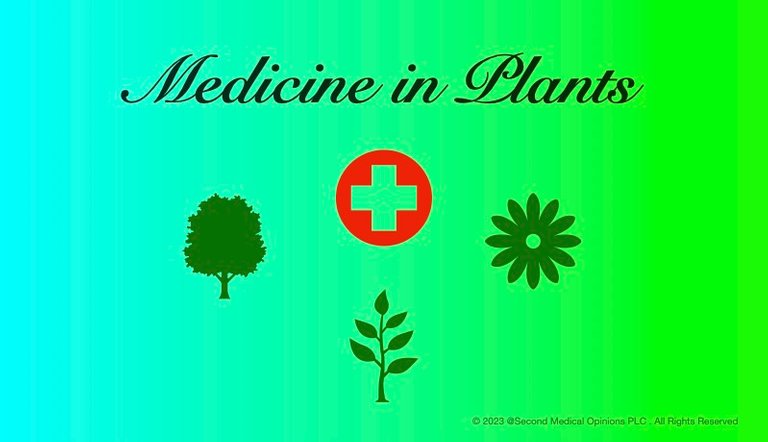
Frankincense, also known as Boswellia, is a tree resin that has been used in traditional medicine for thousands of years. It has been shown to have anti-inflammatory properties that can be used to treat a variety of conditions, including osteoarthritis, rheumatoid arthritis, asthma, and inflammatory bowel disease.
Inflammation is a key component of many chronic diseases, and it is caused by the activation of certain cells and molecules in the body. Frankincense has been found to have anti-inflammatory properties through its ability to inhibit the activity of these cells and molecules, including cyclooxygenase-2 (COX-2) and nuclear factor-kappa B (NF-kB). These are enzymes that are involved in the inflammatory response and are targets for many non-steroidal anti-inflammatory drugs (NSAIDs).
One systematic review and meta-analysis published in the BMC Complementary Medicine and Therapies (2020) demonstrated that Boswellia extracts may be an effective and safe treatment option for patient with osteoarthritis, and the recommended duration of treatment with Boswellia and its extract is at least 4 weeks.
Another study published in Phytotherapy Research (2014) showed that Boswellia serrata resin extract has potential as an anti-inflammatory agent in inflammatory bowel disease (IBD). Both pretreatment and treatment with B. serrata exhibited significantly reduced lipid peroxidation, nitric oxide and iNOS and showed improvements in tissue injury and anal sphincter pressure in animals with ulcerative colitis. The B. serrata extract has protective anti-inflammatory and antioxidant effects that inhibit inflammatory mediators
In conclusion, Frankincense, also known as Boswellia, has been found to have anti-inflammatory properties through its ability to inhibit the activity of key enzymes and molecules that are involved in the inflammatory response. Its anti-inflammatory properties have been shown to be effective in treating a variety of conditions, including osteoarthritis, rheumatoid arthritis, asthma and inflammatory bowel disease.
References:
https://doi.org/10.1186/s12906-020-02985-6
https://doi.org/10.1002/ptr.5142